Cats are pretty smart little animals. Most train easily on how to use the litter box during the time that they are kittens. Having a litter box is just part of the territory when it comes to having a cat. But the little box that we’ve been trained to refresh for our feline friend can actually serve us with necessary insight to their health, and sometimes it can even explain those questionable behaviors that arise. If you’ve seen changes to your cat’s litter box routine lately, then this article is purrfect for you. Here is our list of 6 reasons why cats go outside of the litter box…
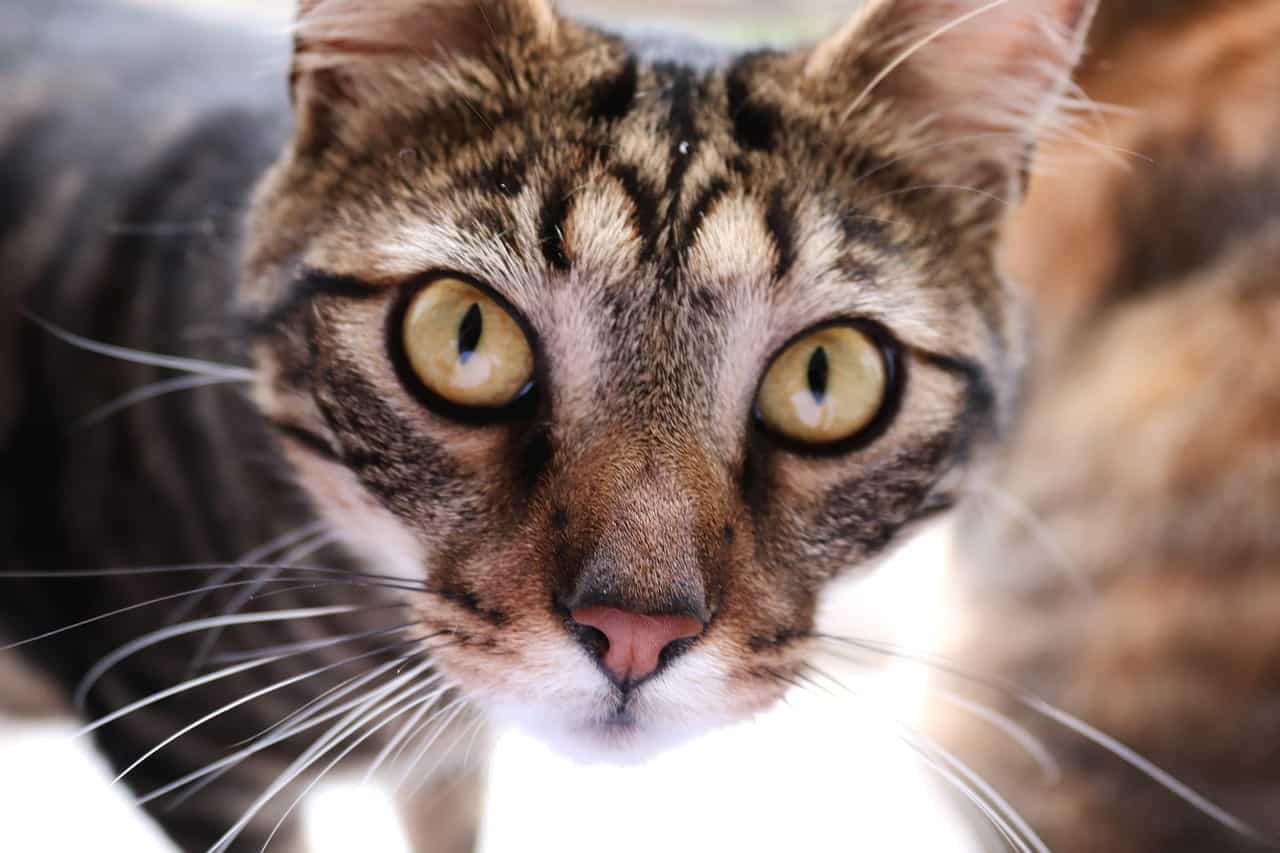
Changes in Their Routine Could Equal Changes In All Their Personal Routines
Have you recently moved or has something else drastic occurred in your cat’s life? Perhaps instead of moving, someone new has moved in or a beloved person in their life has moved out. Either way, this change in your cat’s daily life can directly affect their litter box routine. If this is the case for your confused kitty, be patient with them and grant them time to make the adjustment. Cats thrive when they remain on a set schedule and routine, so be mindful of this and give them proper time to adjust–on their terms.
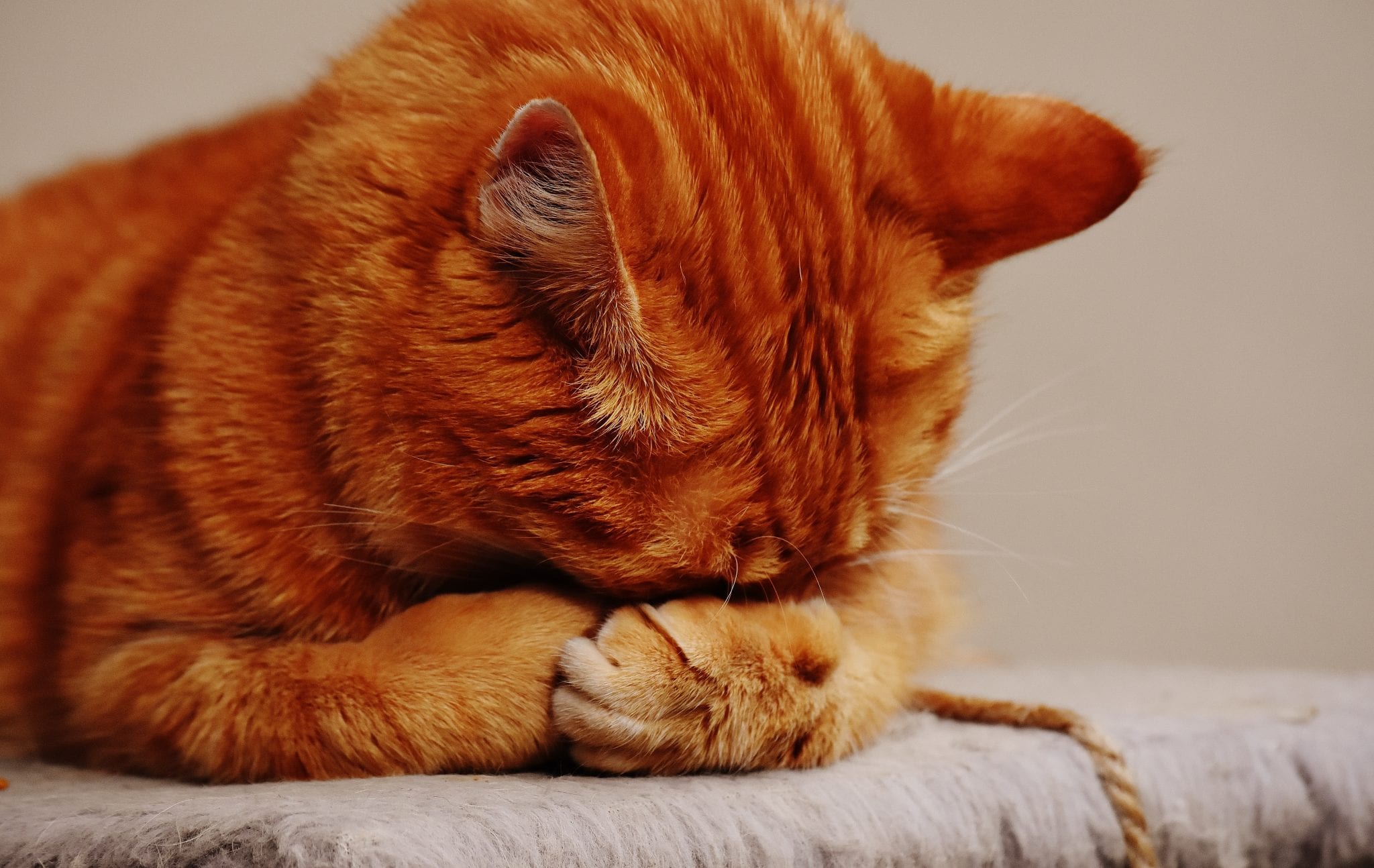
Changes in Consistency Could Equal “Accidents” For Your Poor Kitty
If your cat has an upset stomach, perhaps having eaten something that they shouldn’t have or a change in their diet, this can lead to gastrointestinal issues–such as diarrhea. Your cat may resort to going outside of the litter box in the event that this happens simply because they couldn’t make it their in adequate time. Be careful to watch their behavior and monitor them closely for any other drastic changes in their health. For a cat with diarrhea, it’s important that you provide them with fresh water to drink to prevent dehydration. Should your cat’s diarrhea be mild and not combined with other symptoms, home treatment should suffice until their loose stools subside.
If any of the following signs or symptoms occur, it’s necessary to seek veterinary attention ASAP:
- Your cat is very young, very old, or has an underlying health problem that could make him vulnerable to the effects of dehydration.
- Your cat is vomiting, lethargic, depressed, in pain, or has any other worrisome symptoms.
- The diarrhea is profuse, watery, explosive, or very frequent.
- The diarrhea contains blood or is dark and tarry.
What Changed, Human?!
Cats like to stay on their routine. We may like to break out and try new things, but your cat is not that way. Changes must be gradual to appease your feline friend and not send them over the edge. If you’ve recently changed your cat’s litter on them–don’t be too surprised if they show you their disapproval by way of leaving their surprises for you outside of the litter box. Even though we humans are bothered by the strong smell of cat urine, your cat actually doesn’t notice it the way that you do. And not only this, but strongly scented chemicals that work to block odor can bother your cat’s highly sensitive sense of smell.
Along with scent, some cats are rather particular about the consistency of their litter. If you’ve switched that on them, they may show you their disdain by refusing to do their business in it. Slow and gradual changes, whether it’s litter or food, are vital to your cat’s well-being. Keep this in mind if considering a switch from their preferred brand.
A Sign of Disease or Infection
Sadly, this is one that no cat mom or dad wants to think about. If your cat is avoiding their litter box, what is causing them pain may be the explanation for this behavior. Rather than use the litter box, which they’ve come to associate with their pain, they could resort to a potted plant, the carpet, a bathtub, or an area near the litter box but not the actual litter box itself. You may also notice that your cat will cry out when they are near the litter box, or paw as if they are scratching litter near the box but not in it. These eccentric behaviors are trying to tell you something, do not ignore them.
Cats are the masters of hiding their pain and often suffer in silence because of the resilient nature they possess. If your cat is choosing not to use the litter box, it could be a telltale sign of a urinary tract infection. Is your cat thirstier than usual and avoiding the litter box? This could be a sign of liver, kidney or thyroid conditions that not only cause pain but also increase their usual thirst for fresh water. Should either of these be the case and there have been no changes at home or with their litter brand, seek the help of their veterinarian as soon as possible.
Are You Gonna Clean That Thing?
Think about it like this, would you want to use a filthy restroom? Your cat will shown you their disdain for an unclean litter box by protesting–in the form of using the restroom in other areas of your home. Your cat should always have fresh litter and their kitty toilette needs to be cleaned and refreshed daily. It’s also important that you be sure the litter level is high enough, for all that is removed with each cleaning needs to be replaced. Once you establish this clean routine for them, you should see this issue resolve itself.
Is Your Cat Approaching Their Golden Years? Then You May Need To Adjust Their Litter Box
You love your kitty until the end of their life, and that means that you need to accommodate them as they age gracefully. If your aging cat has to use stairs to access their litter box, this may not be an ideal situation for them once they’ve reached senior age. The less work the better is what is necessary for your kitty as they reach the sunset of their life. Another factor to consider is the style of their box. Although your cat isn’t crazy about trying new things, it’s important that they can access the box itself with an entry door that’s low and easy to step into.
Conclusion….
Unlike some humans, cats are by no means vengeful creatures. Their is undoubtedly a rhyme and a reason for this sudden change in their litter box behavior. It’s our job as the human that loves them the most to decode what this change could mean. And most importantly, to seek medical attention should it come be something serious troubling your cat.



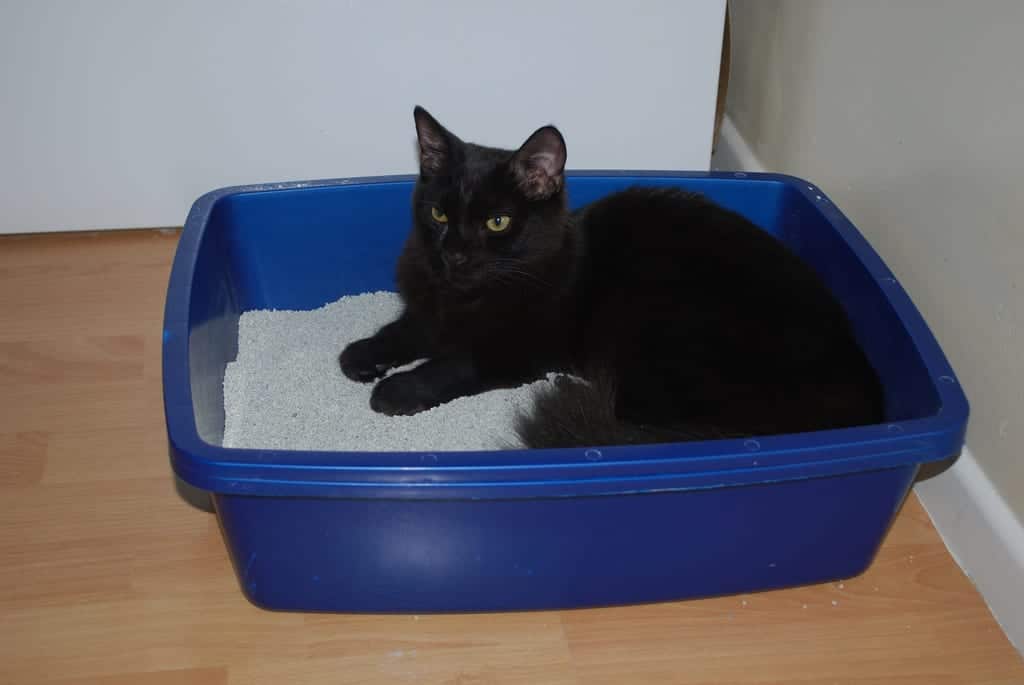
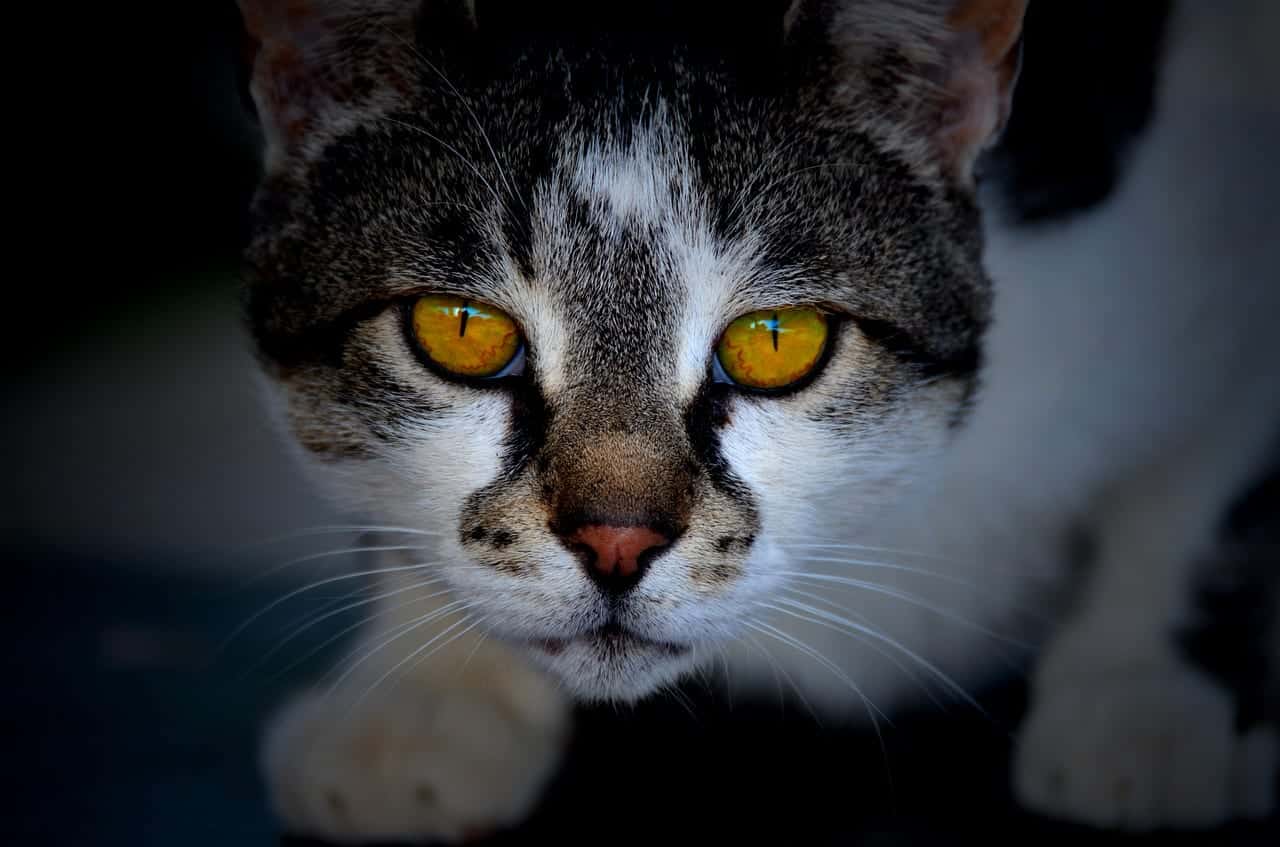
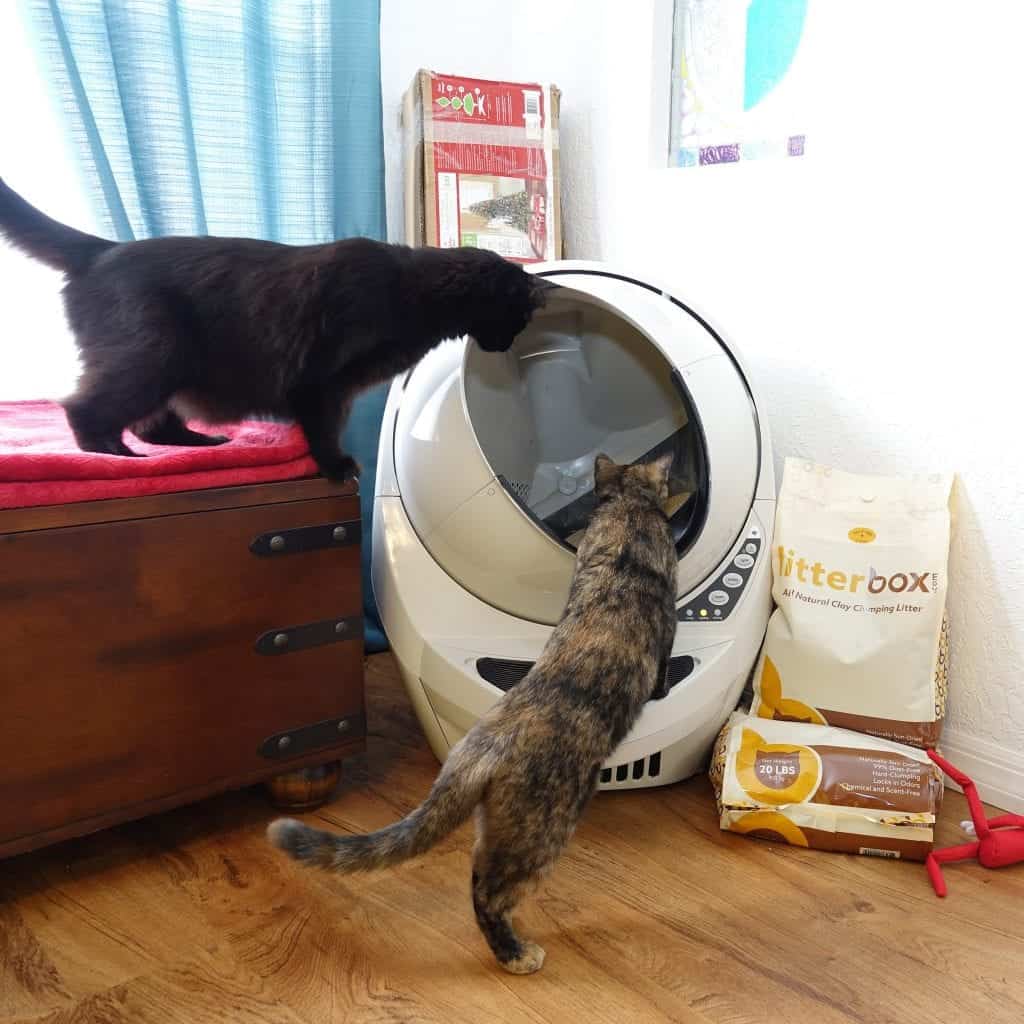


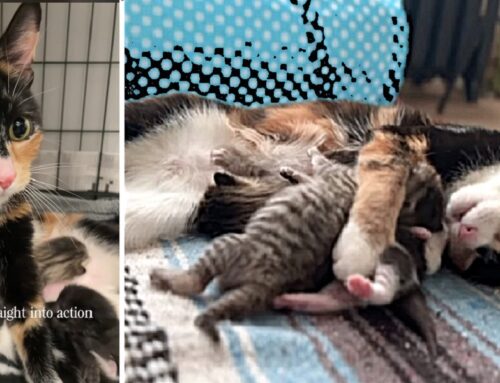
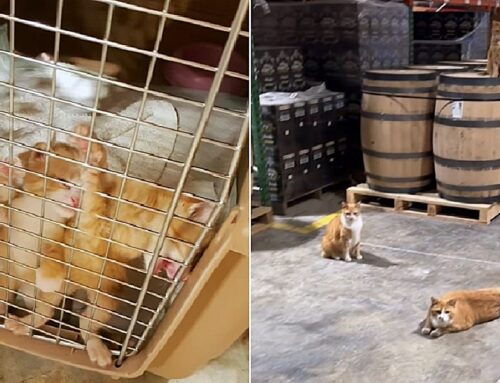
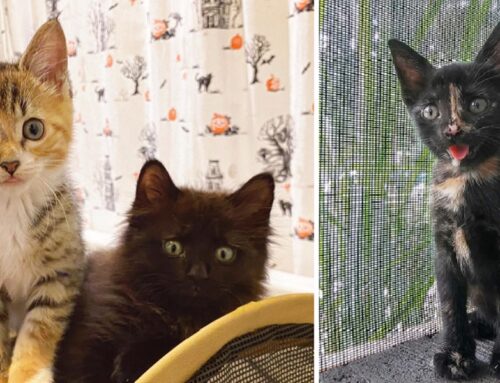


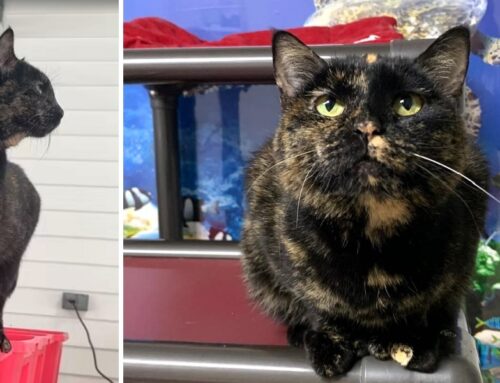

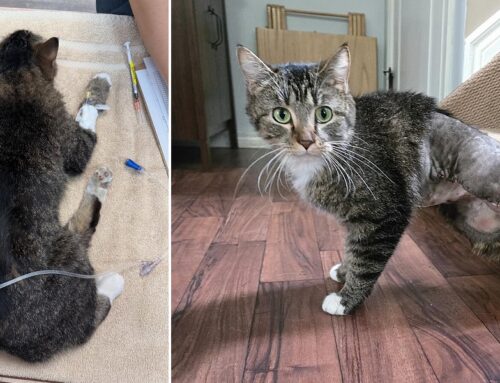
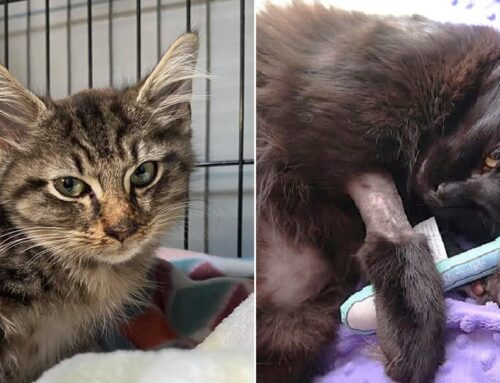
Good info, which I was already aware of. Unfortunately I believe, which in some sense maybe good since it rules out disease, that my one female is bullied by the males. I need to figure a better way to accommodate her or lessen her anxiety. Basically she will stay in one location and when it appears she is seeking to go eat or go to the bathroom she has to literally scan her path to determine of it is “safe”. This is not in any way an ideal or happy life for her. And euthanizing her because of something that is no fault of her own has become a DAILY battle with my husband. It is not good for anyone.
Anyway you can provide her with elevated escape routes like shelves or something, so she doesn’t feel as trapped? You may want to speak to your vet about possible medical issues or anti-anxiety medication that will help?
I am sorry. Please tell me you did not euthanize her? She needs a safe space. Male cats need to be squirted with water when they attack. It works. Did it with my make attacking female. Both fixed. They looked alike but not related.
HELLO. THIS ARTICLE IS AWESOME. I LOVE AND ADORE CATS. I HAVE 4 AND I LOVE THEM VERY MUCH. I HAVE HAD CATS ALL MY LIFE . THEY WANT TO HAVE A CLEAN BOX. AND YOU SHOULD KEEP IT CLEAN FOR THEM. THEY DEPEND ON YOU.
My 10 year old female developed a urinary tract infection 5 years ago, I took her to my vet he gave her a shot and gave me antibiotics to give her.. It cleared up, 6 months later she had it again back to the vet no shot but back on antibiotics this time it didn’t clear up so another round of antibiotics. He said she couldn’t have more than 3 rounds of antibiotics so that was it. She has always had dry food, wet food and she drinks plenty of water. Now she has crystalined sometimes she can pee ok but most of the time it’s just a few drops. I’ve had to put pads down for her and a lot of times there is a ton of blood in the urine. I’m at a loss and I’m afraid I’m going to loose my little girl.
CindyDavis I will point the finger at the dry food. Dr. Mercola on YouTube has several veterinarians who promote a homemade raw food diet. Also read what Lisa Pierson, DVM has written.
Cindy Davis, Apple Cider Vinegar works like a miracle. You’ll need to dilute it with water and give it that way with a syringe, you can mix it in her wet food and try that. My cat had a uti and I fed hers thru a syringe 2 or 3 times a day for about a week. The uti cleared up and she hasn’t had one since, and that was several years ago. They even suggest giving it as maintenance as a prevention as well.Google home remedies for uti’s in cats. Hope this helps as well. Good luck!
Try another vet. If we can have constant antibiotics for uti why can’t cats?
But seriously change the food gradually to all wet. Some of the dry food stuffs seem to promote urinary problems.
Constant antibiotics for cats or humans kills everything in the gut, good and bad bacteria, which leads to leaky gut and all other kinds of problems.
It should be a last resort, not a first. In my experience with cats and uti’s, once they’ve had one, they are forever prone to getting them. They have to from that point on, be on a urinary tract infection cat food which balances the ph. Can’t go back to regular food, or theyll get another uti. I use the Purina uti food.
You can try a diet that is specifically designed for urinary problems in cats, I’m a veterinary nurse and we use Royal Canin but there is other brands that also do urinary food, hope this helps
I have two cats that that use newspaper instead of the kitty litter one she is 11 stays in the kitty kennel because her brother bullies her and the other one Maxi comes in and out but was beat up by other cats and when he comes out hangs out with the dogs maxi also will not eat wet food just dry.
This article addresses some behavior patterns
I’ve noticed in my 2-cats. Can anyone suggest a good vet? A vet that will take the cat’s temperature as part of the initial exam, along with
taking the cat’s weight. I’m originally from N.Y.
I now live in N. Chesterfield, VA . I have lived here
for 4-years, and have been unable to find a reputable vet. The last vet I went to was a referral.
This vet did not take my cat’s temperature, wanted to weigh my cat in another room out of my presence, and wanted to charge me around
$300.00 for a blood sample. I’m ready to make a
trip to my vet in N.Y. Any help in finding a good vet will be very much appreciated. Thank you
I have young kitties & a senior dog that leaves them alone. The youngest is 8 months and I have tried everything. She is very spiteful. She peed in her box the 1st few.months and then on occasion will pee outside on the bed/blankets of my sweet senior pup that does nothing but sleep. She will even stare right at me when she does it sometimes, little brat. Lol I adore her and she has anxiety issues but I have had her tested for everything and have had up to 4 boxes at 1 time. I am at a loss. I thought she would learn from the other kitty who is just 2 months older.
Declawed cats are very sensitive and could hurt their paws. Small grain or sand like litter won’t hurt their paws.
Or it’s a territorial thing. There might be other cats or raccoons or something wondering around the house. There’s a difference between peeing and spraying though. Spraying is saying “this is mine and I feel the need to prove it, mine mine mine!” Lol
1 have 2 cats, female 2 yrs, male 3. my male cats is definitely the boss and the bully. Rescue kitties. The male keeps peeing in areas around the house. Been going on for a little over a year, at my wits end. Have tried everything I can think of. He didn’t start this until after I’d had him over a year. Took him to the vet right away-not health related. Says behavioral. I love my little guy. I’ll do anything to make his life better. Just can’t figure this out. Any suggestions?